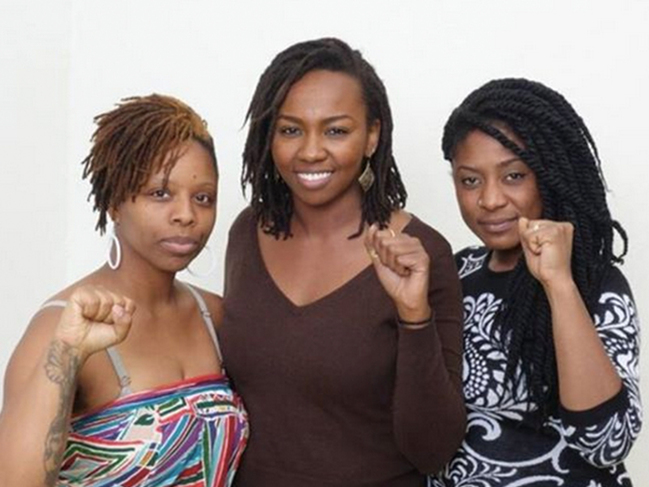 Patrisse Cullors, Opal Tometti, and Alicia Garza, the queer Black women who created #BlackLivesMatter.
Patrisse Cullors, Opal Tometti, and Alicia Garza, the queer Black women who created #BlackLivesMatter. With trembling fingers pounding my keyboard, I wrote a poem called "The Cry of the White Man" during freshman year of college. It was a response to a series of people suggesting that my way of looking at the world was influenced by my identities--especially as a straight White man. I had never been asked to consider where my ways of thinking and acting came from, and it shook me to my core. I felt scared and defenseless. Why were people judging me based on things I didn't choose, identities I didn't ask for, actions I never took?
Although I am willing to publicly explore almost anything about myself and the way I have been conditioned to think and act as a straight White man, I will spare you from reading my poem, "The Cry of the White Man." Suffice it to say the poem included lines like these:
Although I am willing to publicly explore almost anything about myself and the way I have been conditioned to think and act as a straight White man, I will spare you from reading my poem, "The Cry of the White Man." Suffice it to say the poem included lines like these:
Go ahead, judge me on it
Did I choose this?
No, fuck you I won't apologize
I have no one to apologize to
How do I defend myself in a world where my groups are all wrong?
A decade later, as I read the abstract of Westfield State University professor Robin DiAngelo’s article, “White Fragility,” my fingers trembled once again.
White people in North America live in a social environment that protects and insulates them from race-based stress...leading to what I refer to as White Fragility. White Fragility is a state in which even a minimum amount of racial stress becomes intolerable, triggering a range of defensive moves. These moves include the outward display of emotions such as anger, fear, and guilt, and behaviors such as argumentation, silence, and leaving the stress-inducing situation.
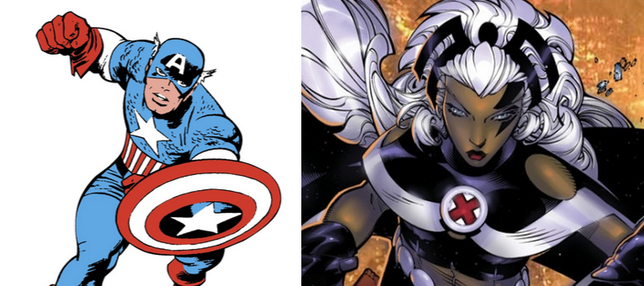
As a White American, I intimately know each of these reactions to this idea of “race-based stress.” The poem I wrote in college could have been primary source material for Prof. DiAngelo's article. She had laid me out on the table and dissected me.
While recovering from what I was reading, I began to wonder about the other end of the spectrum: race-based stamina. Black Americans are reminded of their Blackness all day, every day--a stream of reminders, most of them accompanied with overt or implied negativity about Blackness. If a Black person has to swim through that all day long, they would have to develop an incredible resilience or they wouldn’t be able to get out of bed.
I marvel at the fact that Black people can stomach the daily facing of a society that consistently devalues them, let alone stand reaching out across the racial divide to engage in good faith with people who largely refuse to acknowledge the depth and stench of this racist stew.
When it comes to understanding identity politics, I try to always keep an intersectional perspective (understanding that different identities intersect and impact each other--my experience of being White is also affected by my gender, class status, sexual orientation, etc.). So I began to think about fragilities beyond Whiteness.
If White fragility exists because White people have the privilege of being largely protected from race-based stress, then what about the existence of fragility based on other privileged identities? Specifically, do male fragility and hetero fragility exist?
Want to get your ass whipped in the high school men’s locker room? Just say something that implies that the biggest guy there is either gay or a woman. We men are brought up to be so fragile in our masculinity and our sexuality that we feel obligated to defend ourselves at the slightest threat. We must not only deny the accusation, we must assault our accuser to make sure they never say something like that again.
Meanwhile, every day, women are constantly reminded that much of our society thinks them inferior to men. And people who identify as queer are endlessly reminded that their sexuality does not compute with the way sex is "supposed" to be. People with these identities must develop a resilience, which I have never needed, in order to survive, maintain self-respect, and engage with a world of power structures that disapprove of their very existence.
Do the separate fragilities/resiliences that accompany race, gender, and sexuality intersect to create a sort of intersectional identity fragility/resilience?
If so, who is least likely to be resilient in their engagement with the world around them?
Who, when presented with real, existential threats by a hostile world, is least likely to be prepared to stare those threats down and emerge victorious?
Beyond just staring down those threats, who is least prepared to do the truly hard work--to sit with those existential threats, forge a path forward regardless, and even come to compromise with those threats when necessary?
The people least likely to be ready for such resilience are my brethren--straight, White, men.
And people bearing identities we have labeled as inferior--Black, queer, female, immigrant, fat, transgender, disabled, among others--carry with them, by necessity, a potential for resilience beyond what someone like me is likely to ever know.
But whose leadership have me and my brethren historically bought into, inspired by projections of strength and resilience?
While recovering from what I was reading, I began to wonder about the other end of the spectrum: race-based stamina. Black Americans are reminded of their Blackness all day, every day--a stream of reminders, most of them accompanied with overt or implied negativity about Blackness. If a Black person has to swim through that all day long, they would have to develop an incredible resilience or they wouldn’t be able to get out of bed.
I marvel at the fact that Black people can stomach the daily facing of a society that consistently devalues them, let alone stand reaching out across the racial divide to engage in good faith with people who largely refuse to acknowledge the depth and stench of this racist stew.
When it comes to understanding identity politics, I try to always keep an intersectional perspective (understanding that different identities intersect and impact each other--my experience of being White is also affected by my gender, class status, sexual orientation, etc.). So I began to think about fragilities beyond Whiteness.
If White fragility exists because White people have the privilege of being largely protected from race-based stress, then what about the existence of fragility based on other privileged identities? Specifically, do male fragility and hetero fragility exist?
Want to get your ass whipped in the high school men’s locker room? Just say something that implies that the biggest guy there is either gay or a woman. We men are brought up to be so fragile in our masculinity and our sexuality that we feel obligated to defend ourselves at the slightest threat. We must not only deny the accusation, we must assault our accuser to make sure they never say something like that again.
Meanwhile, every day, women are constantly reminded that much of our society thinks them inferior to men. And people who identify as queer are endlessly reminded that their sexuality does not compute with the way sex is "supposed" to be. People with these identities must develop a resilience, which I have never needed, in order to survive, maintain self-respect, and engage with a world of power structures that disapprove of their very existence.
Do the separate fragilities/resiliences that accompany race, gender, and sexuality intersect to create a sort of intersectional identity fragility/resilience?
If so, who is least likely to be resilient in their engagement with the world around them?
Who, when presented with real, existential threats by a hostile world, is least likely to be prepared to stare those threats down and emerge victorious?
Beyond just staring down those threats, who is least prepared to do the truly hard work--to sit with those existential threats, forge a path forward regardless, and even come to compromise with those threats when necessary?
The people least likely to be ready for such resilience are my brethren--straight, White, men.
And people bearing identities we have labeled as inferior--Black, queer, female, immigrant, fat, transgender, disabled, among others--carry with them, by necessity, a potential for resilience beyond what someone like me is likely to ever know.
But whose leadership have me and my brethren historically bought into, inspired by projections of strength and resilience?
With fragility and resilience in mind, I celebrate the #BlackLivesMatter movement which is shaking the foundations of our country. For 400 years, we’ve claimed to be the land of equality, while building our economic and political might on the backs of Black and brown-skinned people, who we punish for their contributions.
None of us, oppressors or oppressed, are free, though our chains are different. Black and brown-skinned people, immigrants, women, queer, transgender, and financially-poor people in America struggle to survive within systems of material and economic oppression. Meanwhile, people with privileged identities like me are corralled into acting as storm troopers in the battle against those not like us, defending a system that provides for us materially while destroying our humanity in servitude to a system of violence and savagery.
The people best positioned to lead us to freedom are the people who’ve had to fight for it every day of their lives. When I am learning to choose to follow the leadership of women, of Black people, of queer people, it’s not out of a sense of guilt, but a realization that these are the strongest people we’ve got in the monumental struggle to actually live up to the ideals we profess as a country--freedom, equality, and opportunity.
Who better to lead the battle against the White supremacist system (which isolates me and my White brethren and forces our complicity in harming people of color) than the Black and brown people that are targets of that system?
None of us, oppressors or oppressed, are free, though our chains are different. Black and brown-skinned people, immigrants, women, queer, transgender, and financially-poor people in America struggle to survive within systems of material and economic oppression. Meanwhile, people with privileged identities like me are corralled into acting as storm troopers in the battle against those not like us, defending a system that provides for us materially while destroying our humanity in servitude to a system of violence and savagery.
The people best positioned to lead us to freedom are the people who’ve had to fight for it every day of their lives. When I am learning to choose to follow the leadership of women, of Black people, of queer people, it’s not out of a sense of guilt, but a realization that these are the strongest people we’ve got in the monumental struggle to actually live up to the ideals we profess as a country--freedom, equality, and opportunity.
Who better to lead the battle against the White supremacist system (which isolates me and my White brethren and forces our complicity in harming people of color) than the Black and brown people that are targets of that system?
Who better to lead the charge against patriarchy (which forces me and my fellow men to live up to illusions of masculinity that destroy our emotional health and our ability to connect with people) than the female-bodied people that are targets of that system?
Who better to lead the fight against heteronormativity (which restricts straight peoples’ social circles, sexualities, and freedom of expression by instilling in us a deep fear of being labeled gay) than the GLBTQ people that are targets of that system?
In the process of learning to de-program and re-program myself to follow the leadership of people that society trained me to brush aside, I am allowed to unfold more fully as a human being. So after 32 years of living, I finally understand that I do not need to be in charge of everything I'm involved in. That realization should go without saying, but I can see now that I was raised to expect myself to be capable of leadership and decision-making in any arena I might find myself in, simply because society told me that I am smarter, more objective, and wiser than people who aren't straight White men.
Now I see such delusional expectations of myself as a form of velvet chains, endowing me with both supreme confidence in myself and also a crippling fear of not being able to live up to what I believed I was capable of. These realizations are only possible thanks to the opportunity I have to practice following the earned leadership of Black people, women, and people who identify as queer.
Luckily for my fellow straight White men (I love you guys!), our leadership is still critical and needed. Here are some ways that we can work to forge a new, redefined mantle of leadership as society's privileged children.
Abandoning the delusions we were raised on, we can lead and inspire our brethren to be strong enough to let go of that which we never earned.
We can start over.
#blacklivesmatter
--Abe Lateiner
Now I see such delusional expectations of myself as a form of velvet chains, endowing me with both supreme confidence in myself and also a crippling fear of not being able to live up to what I believed I was capable of. These realizations are only possible thanks to the opportunity I have to practice following the earned leadership of Black people, women, and people who identify as queer.
Luckily for my fellow straight White men (I love you guys!), our leadership is still critical and needed. Here are some ways that we can work to forge a new, redefined mantle of leadership as society's privileged children.
- We can learn to listen to and follow the earned leadership of Black people, of women, and of people who identify as queer.
- We can learn how to speak confidently and with love to other people with privileged identities. How can we learn to talk to White people about White supremacy? How can we learn to talk to men about patriarchy? This is our work to do and we are very much needed as leaders here.
- We can learn to face the mirror and shed light onto our own experiences with privilege, allowing us to see our personal stake in the collective liberation of all people and the planet.
- We can join (or start) a White affinity group, which offers us the space, time, and community to develop our analysis and practice as White people fighting against White supremacy.
- We can read the writing that we were taught not to read!
Abandoning the delusions we were raised on, we can lead and inspire our brethren to be strong enough to let go of that which we never earned.
We can start over.
#blacklivesmatter
--Abe Lateiner
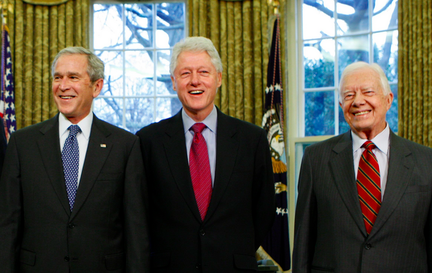
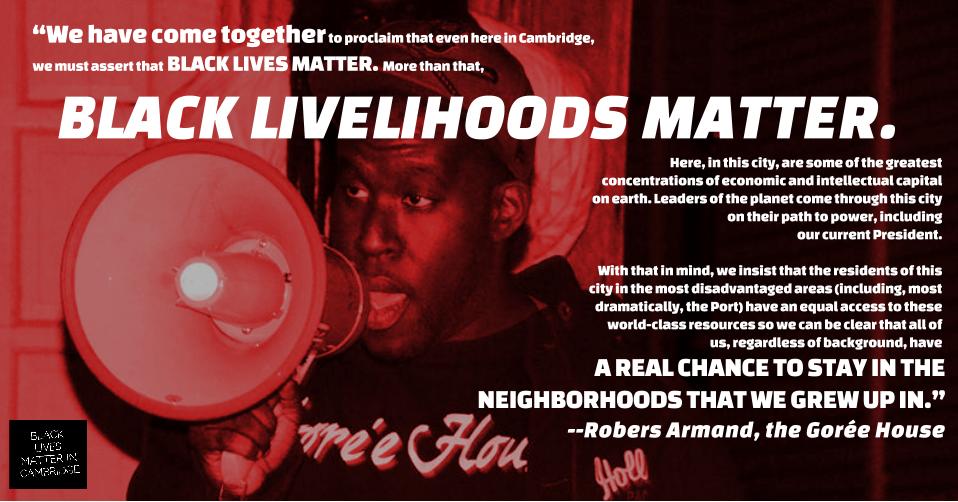
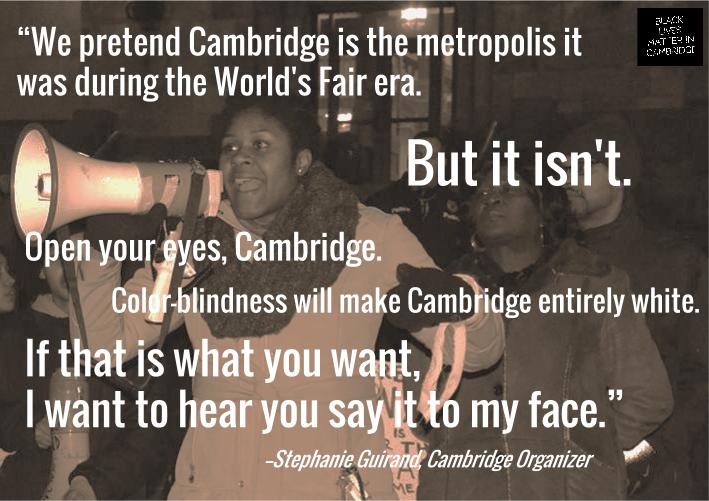
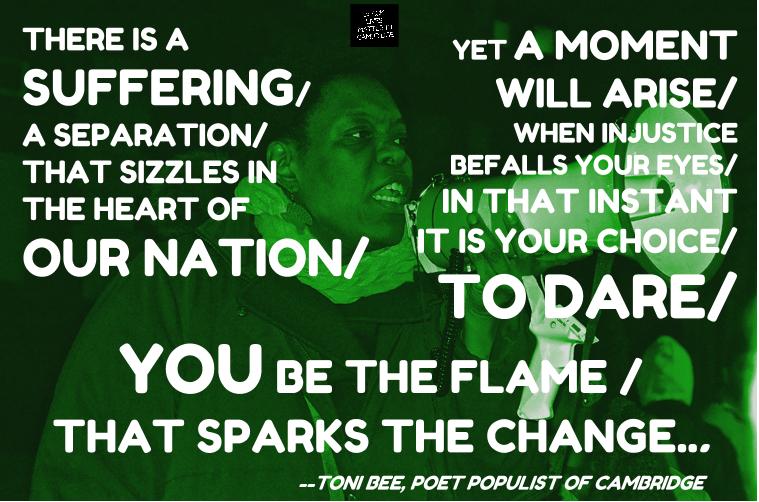
 RSS Feed
RSS Feed